What Antigens Are Found On The Red Blood Cells Of A Person With Type B Antigens are large molecules of proteins present on the surface of the pathogen such as bacteria fungi viruses and other foreign particles When these harmful agents enter the body
Antigen substance that is capable of stimulating an immune response specifically activating lymphocytes which are the body s infection fighting white blood cells In general Antigens can be proteins peptides amino acid chains polysaccharides chains of simple sugars lipids or nucleic acids 3 4 Antigens exist on normal cells cancer cells parasites
What Antigens Are Found On The Red Blood Cells Of A Person With Type B
:max_bytes(150000):strip_icc()/red_blood_cells_1-57b20c583df78cd39c2f8e15.jpg)
What Antigens Are Found On The Red Blood Cells Of A Person With Type B
https://www.thoughtco.com/thmb/4qt2GaPj8xMpM8GcrZ6wIDahtsc=/1500x1001/filters:no_upscale():max_bytes(150000):strip_icc()/red_blood_cells_1-57b20c583df78cd39c2f8e15.jpg
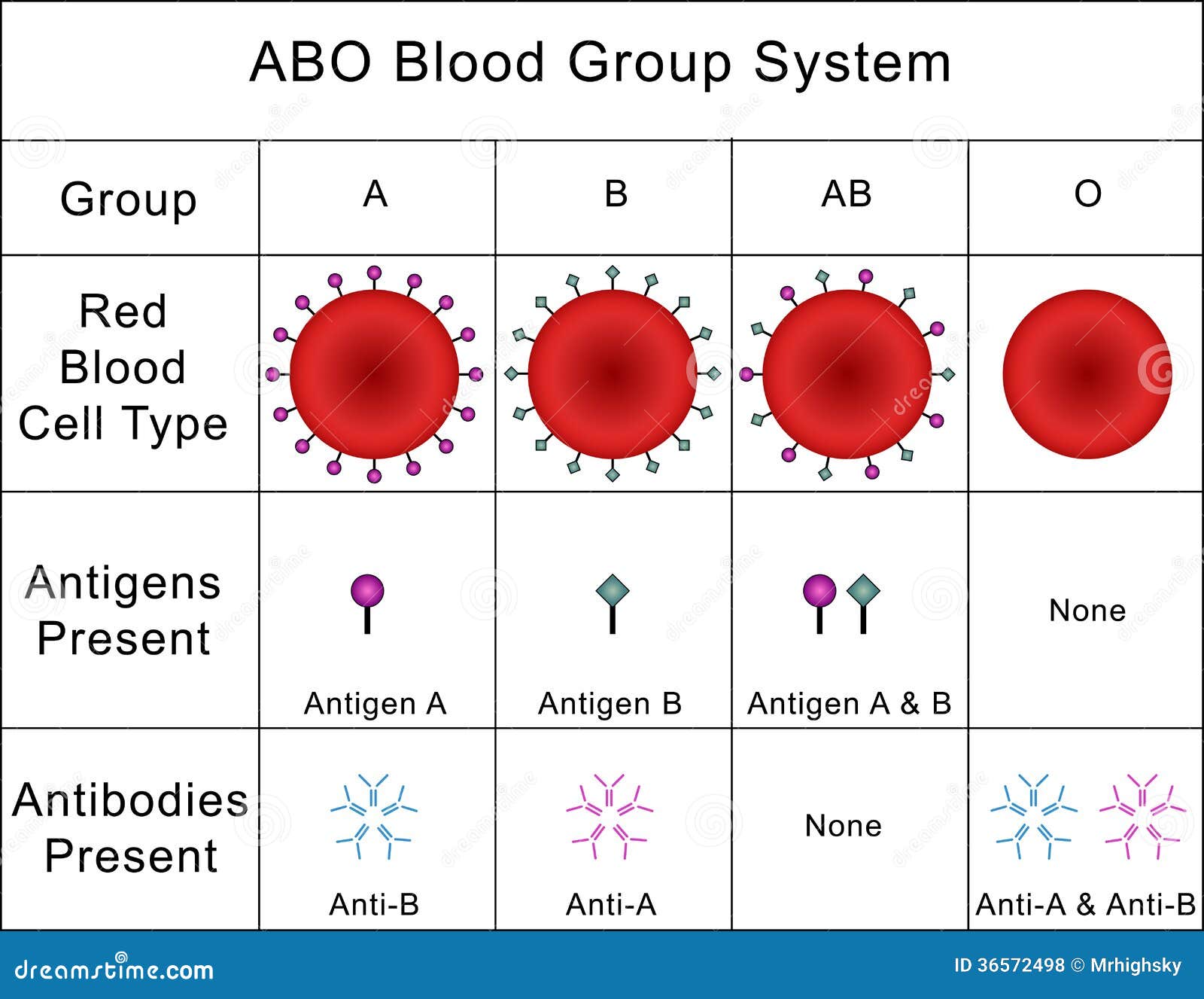
Blood Typing Anatomy And Physiology II 59 OFF
https://thumbs.dreamstime.com/z/abo-blood-group-system-illustration-antibodies-antigens-36572498.jpg
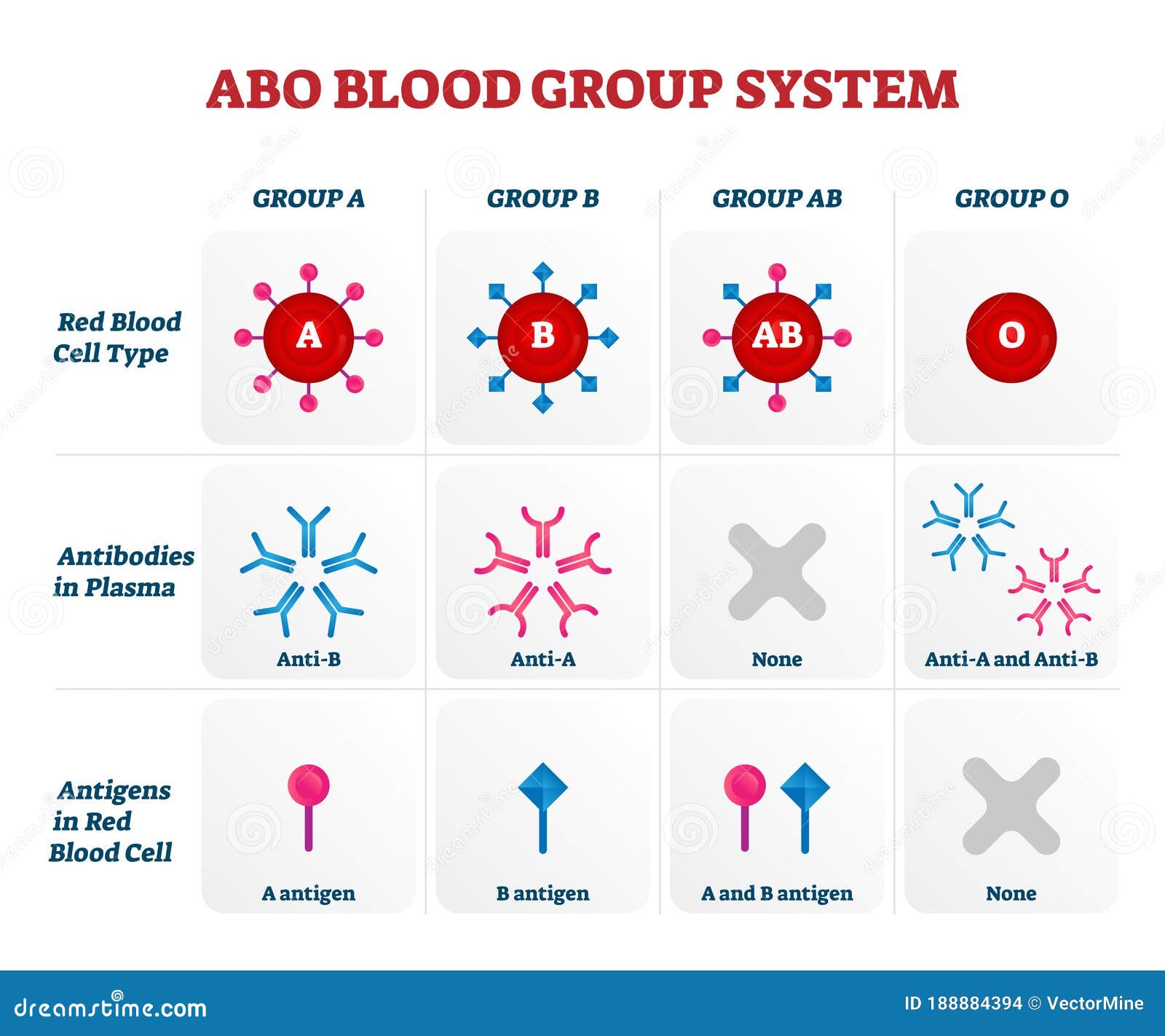
The ABO Blood Group Diagram Stock Illustration CartoonDealer
https://thumbs.dreamstime.com/z/abo-blood-group-types-vector-illustration-educational-labeled-nursing-information-chart-red-cell-antibodies-plasma-antigens-188884394.jpg
Antigens have different properties which determine the immunogenicity of the antigens and thus are essential in order to understand the immune reaction against them Antigens are large complex molecules that are often proteins or polysaccharides They possess specific regions known as epitopes which are the sites recognized and bound
Although all antigens are recognized by specific lymphocytes or by antibodies only some antigens are capable of activating lymphocytes Molecules that stimulate immune Antigens are foreign substances and they are known to provoke the immune system to produce proteins known as antibodies Antigen Types
More picture related to What Antigens Are Found On The Red Blood Cells Of A Person With Type B

Question Video Identifying What Blood Group A Person Belongs To From
https://media.nagwa.com/528142105975/en/thumbnail_l.jpeg
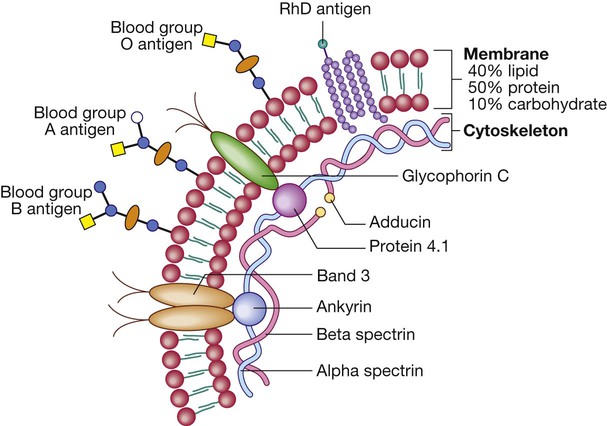
Blood Disease Basicmedical Key
https://basicmedicalkey.com/wp-content/uploads/2017/04/B9780702050350000242_f024-004-9780702050350.jpg

Blood Types Physiology ABO And Rh Blood Groups Interactive Biology
https://www.interactive-biology.com/wp-content/uploads/2022/02/Blood-Type-Chart-1024x576.png
Antigens are molecules or molecular structures that are foreign to the body and can trigger an immune response They can be anything that doesn t belong to the body and are An antigen is any substance that causes your immune system to produce antibodies against it This means your immune system does not recognize the substance and is trying to
[desc-10] [desc-11]
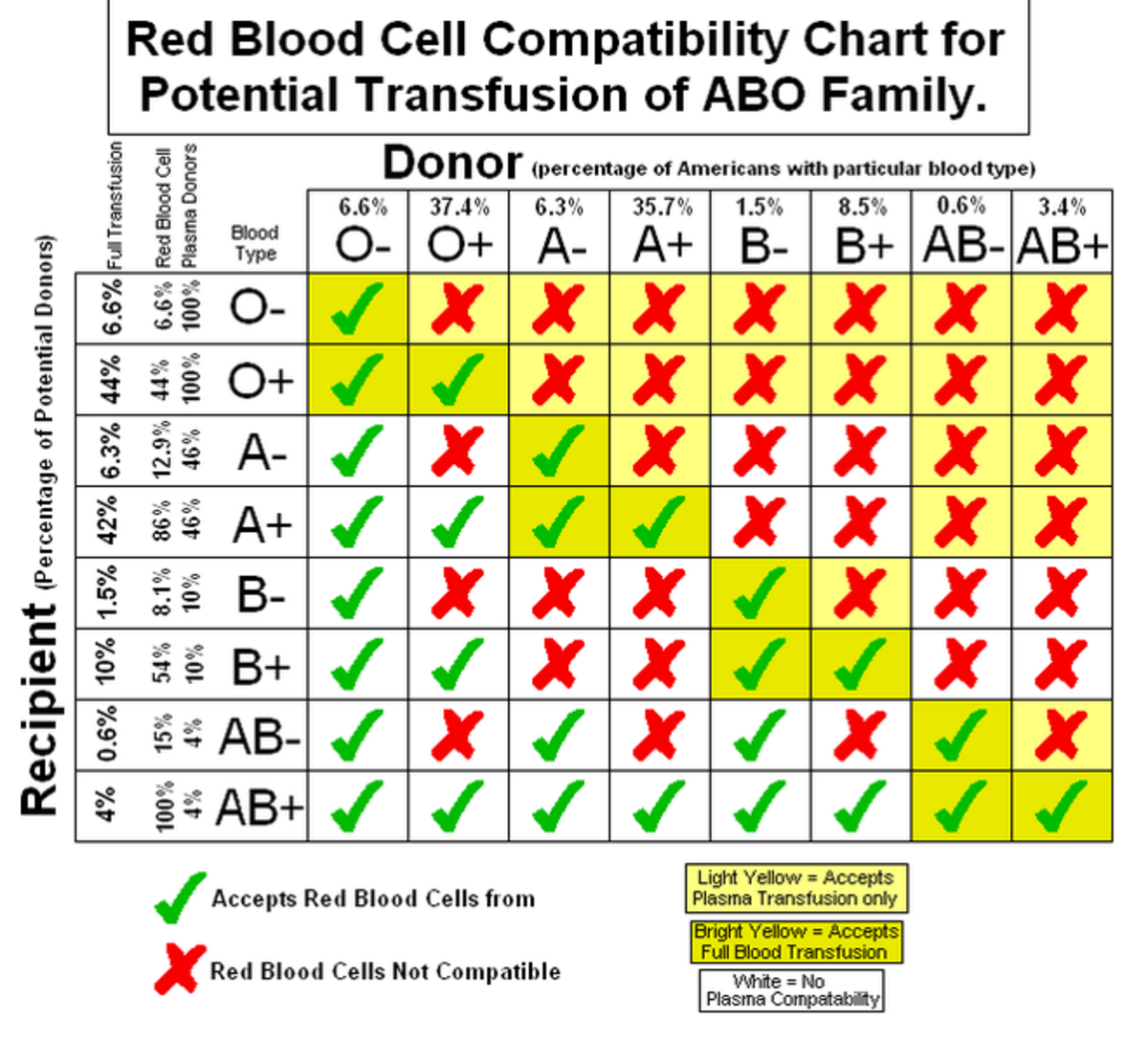
The Basics Of Blood And Blood Typing Owlcation
https://images.saymedia-content.com/.image/t_share/MTc0NjQ1MjMyNjg2NjcxMjI2/all-about-blood.png

Blood Components Tests Analysis Britannica
https://cdn.britannica.com/32/191732-050-5320356D/Human-red-blood-cells.jpg
:max_bytes(150000):strip_icc()/red_blood_cells_1-57b20c583df78cd39c2f8e15.jpg?w=186)
https://byjus.com › biology › antigens-and-immunology
Antigens are large molecules of proteins present on the surface of the pathogen such as bacteria fungi viruses and other foreign particles When these harmful agents enter the body
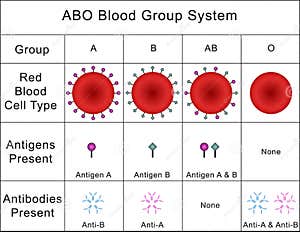
https://www.britannica.com › science › antigen
Antigen substance that is capable of stimulating an immune response specifically activating lymphocytes which are the body s infection fighting white blood cells In general
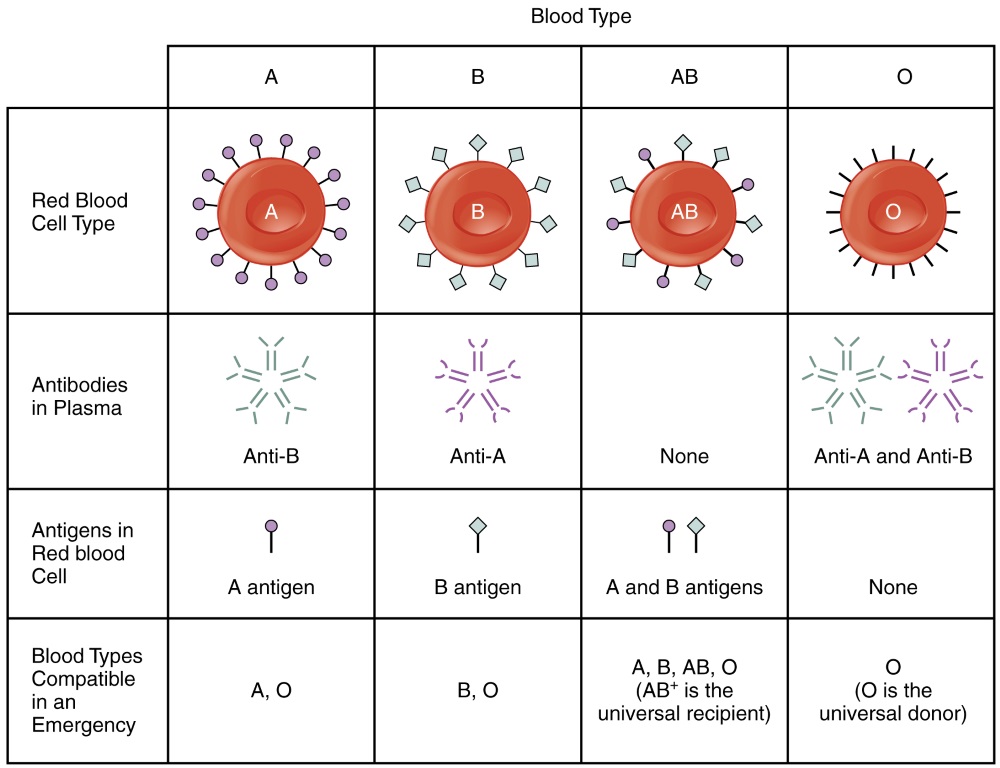
UA

The Basics Of Blood And Blood Typing Owlcation

BIO 202 MASTERING Blood Typing Flashcards Quizlet
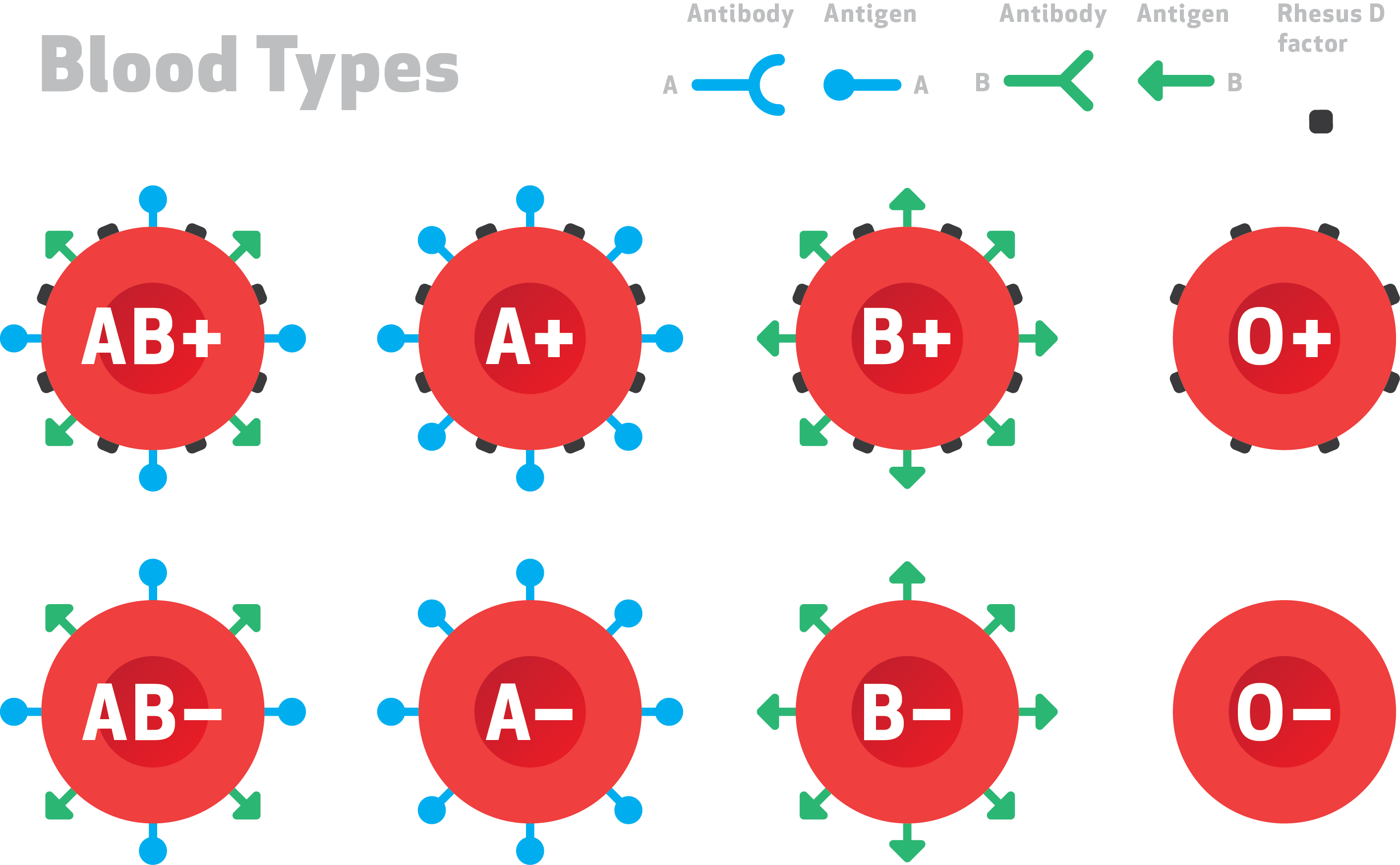
How Many Possible Blood Antigen Combinations Are There Socratic

Red Blood Cell Antigen Vector Stock Vector Royalty Free 587692940
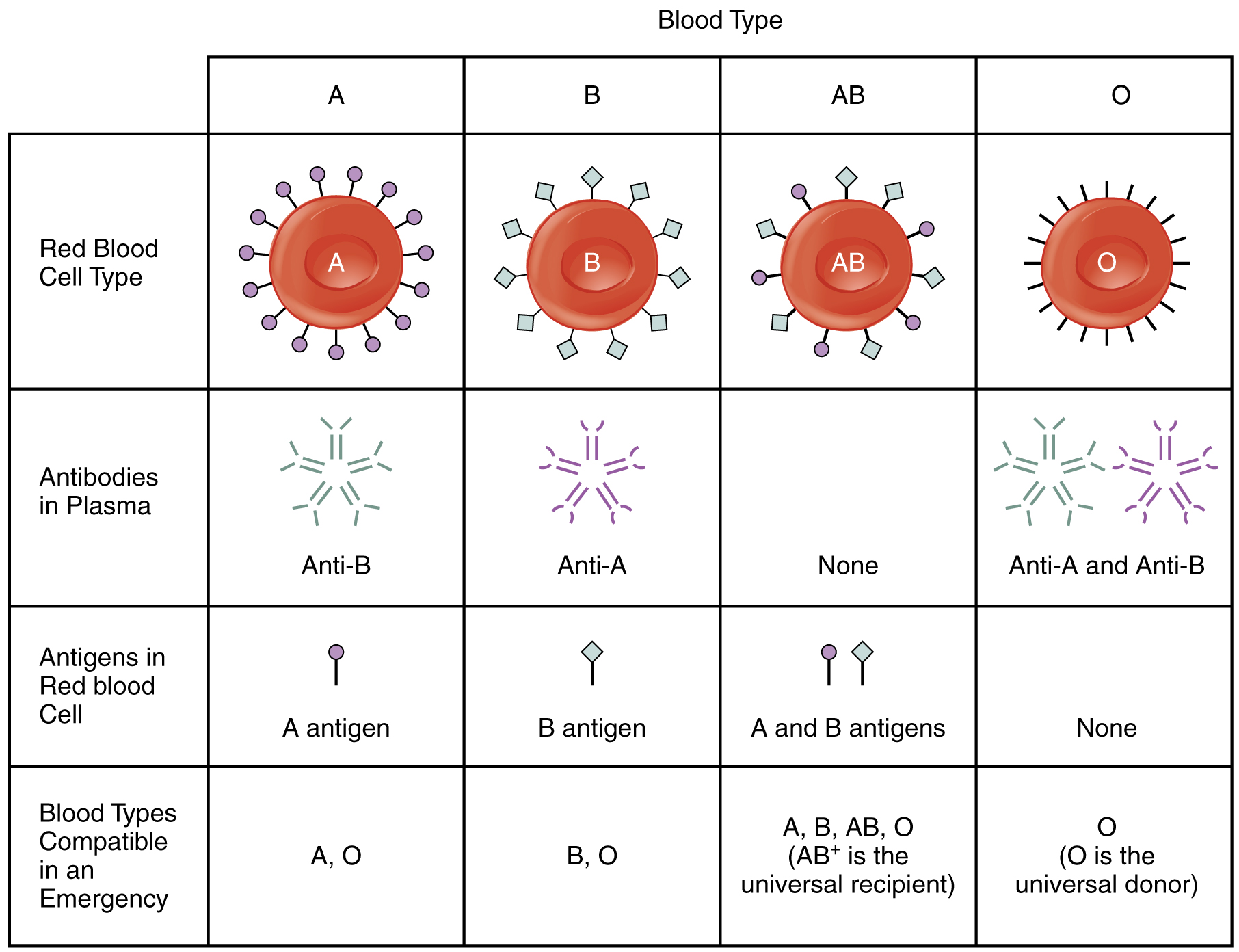
Human Abo Blood Types

Human Abo Blood Types

Hypersensitivities Microbiology

Red Blood Cell Structure Diagram

Deutsche Kann Ordentlich Was Ab Telegraph
What Antigens Are Found On The Red Blood Cells Of A Person With Type B - Antigens are foreign substances and they are known to provoke the immune system to produce proteins known as antibodies Antigen Types